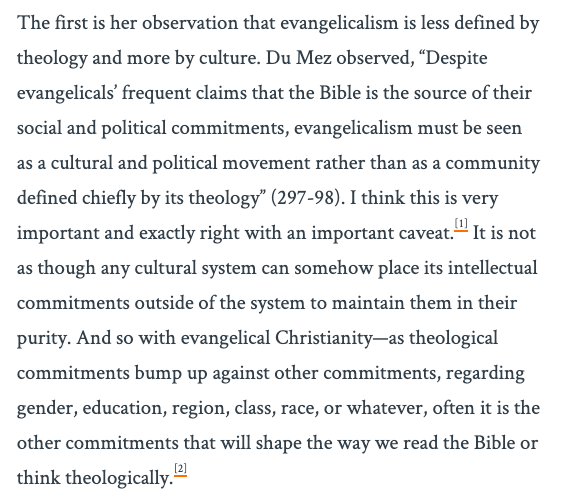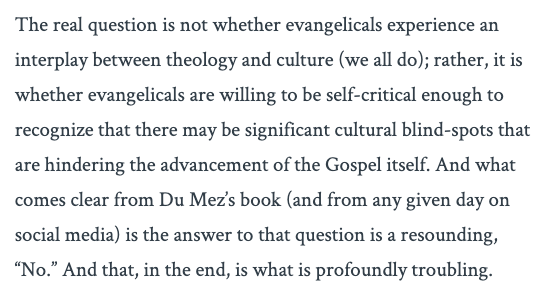
Deep basketball thoughts:
• Booker is very good at basketball
• Giannis is not good at free throws
• The Suns like playing at home
• The Bucks need to score more points, and stop the Suns from scoring so much, if they want to win
• Booker is very good at basketball
• Giannis is not good at free throws
• The Suns like playing at home
• The Bucks need to score more points, and stop the Suns from scoring so much, if they want to win
• When your team starts a game making all of their shots, eventually they will regress to the mean
• When a player misses all his free throws, eventually he will regress to the mean
• Chris Paul is an all time great basketball player, one of my favorites
• Chris Paul is one of the biggest floppers in the game
• Chris Paul is one of the biggest floppers in the game
• • •
Missing some Tweet in this thread? You can try to
force a refresh







